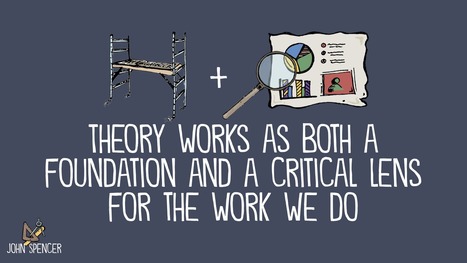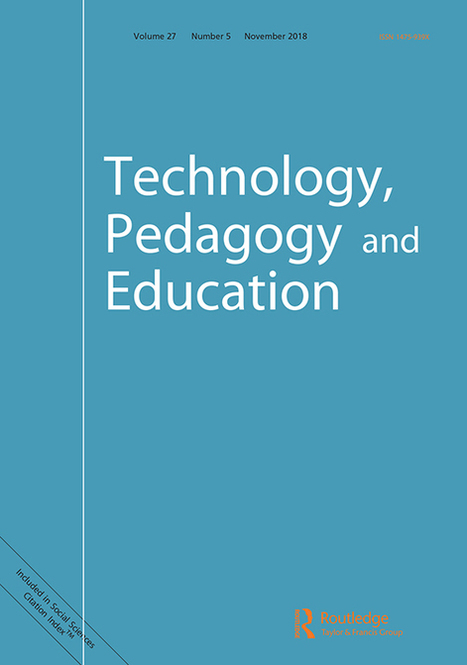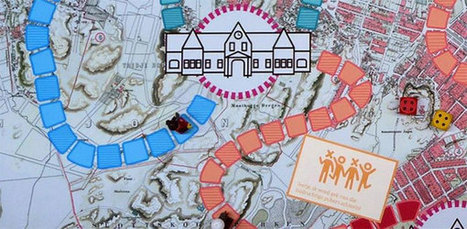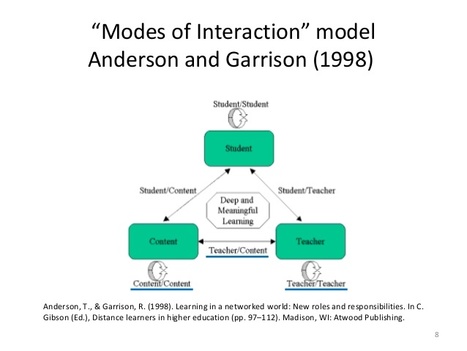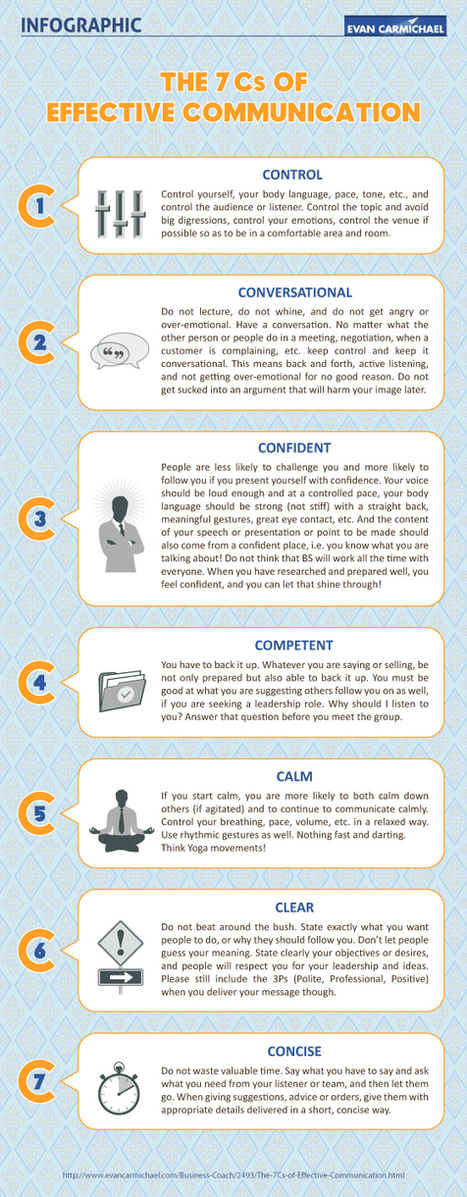I haven't written a new article in nearly month. After getting back my data, I plugged away at writing Chapters 4 and 5 of my dissertation, followed by a few revisions. I will likely defend
Get Started for FREE
Sign up with Facebook Sign up with X
I don't have a Facebook or a X account
 Your new post is loading... Your new post is loading...
 Your new post is loading... Your new post is loading...

Murielle Godement's curator insight,
December 27, 2014 10:02 AM
Un très bon article pour une conception plus réfléchie et efficace des narrations interactives.

Jean-Loup Castaigne's curator insight,
October 2, 2013 5:26 AM
Dossier de l'ifé, sept 2013 : "À la croisée des recherches sur le cerveau et des sciences de l’apprentissage, les neuros- ciences de l’éducation s’invitent aujourd’hui dans la salle de classe. Sont-elles capables de rendre les pratiques enseignantes plus efficaces et d'aider les élèves à mieux apprendre " 
Bernard Guévorts Authentis's curator insight,
October 27, 2013 7:56 AM
Woaw !!! un superbe dossier de 40 pages sur le sujet avec les différents points de vue. Merci ! 
Bénédicte Berche's curator insight,
October 28, 2013 7:44 AM
40 pages... qui permettent de faire le tri entre idées récues et vérités scientifiques dans les mécanismes de l'apprentissage, la mémorisation, les capacités intellectuelles, l'intelligence, etc.. Passionnant pour ceux qui aiment comprendre comment cela fonctionne dans notre cerveau. |

Mary Elizabeth McNabb's curator insight,
June 13, 2016 1:01 PM
Anything Terry Anderson writes is worth reading. Great insight!

Linda Salinas's curator insight,
February 25, 2015 12:34 PM
Communication is key to a successful classroom and professional learning community. The 7 C's are a must in any leadership position. 
Nicolas AUGUSTIN's curator insight,
March 4, 2015 11:27 AM
Forget about the 4Ps, please welcome the 7 Cs ! :-) 
Jennifer McGuff's curator insight,
August 1, 2015 4:58 PM
Communication is key to a successful classroom and professional learning community. The 7 C's are a must in any leadership position. |




